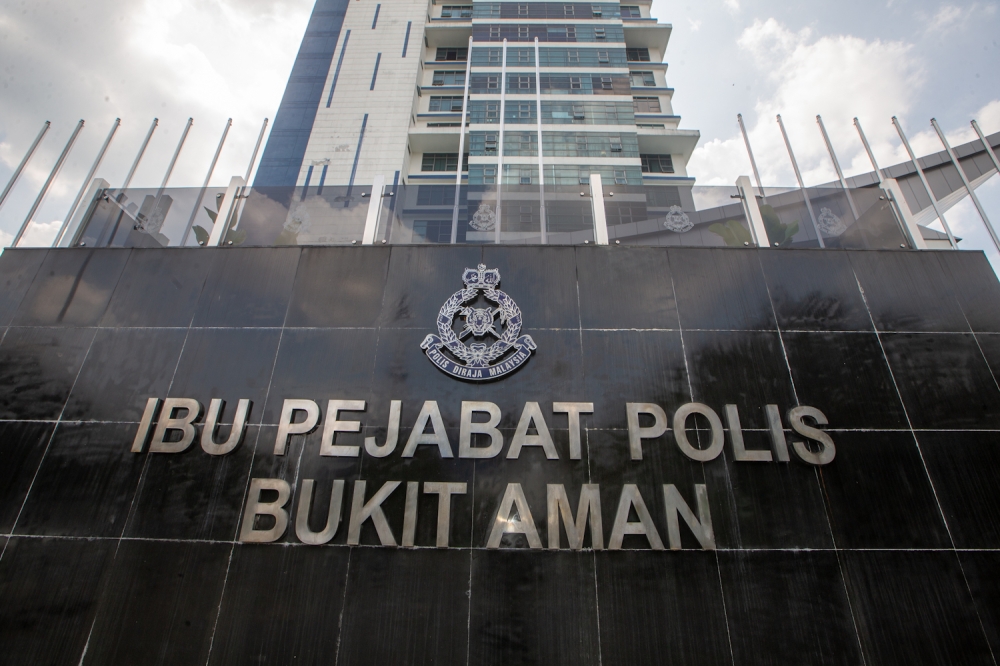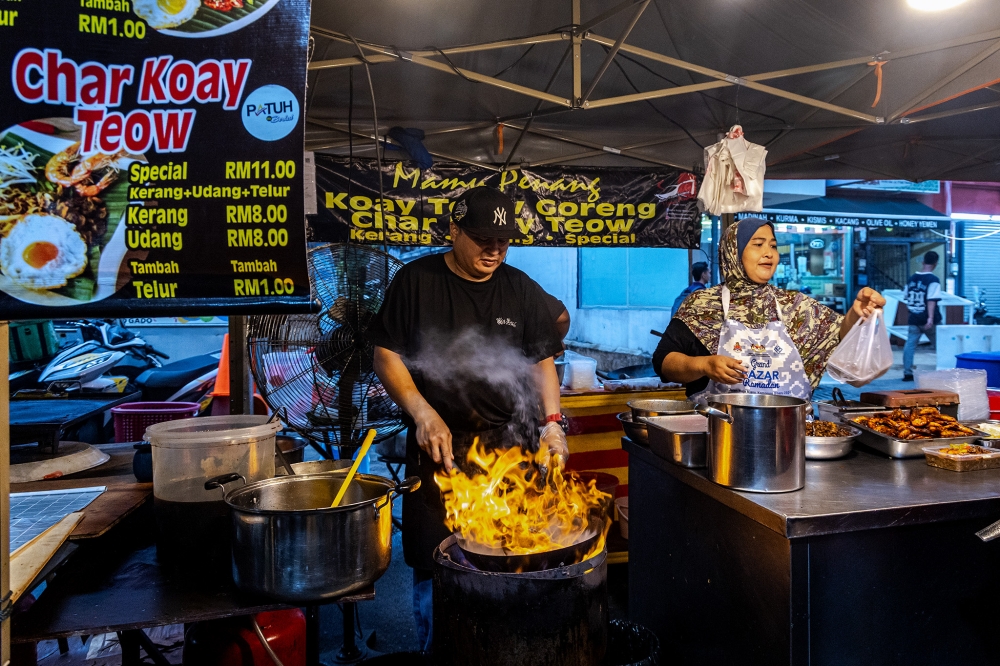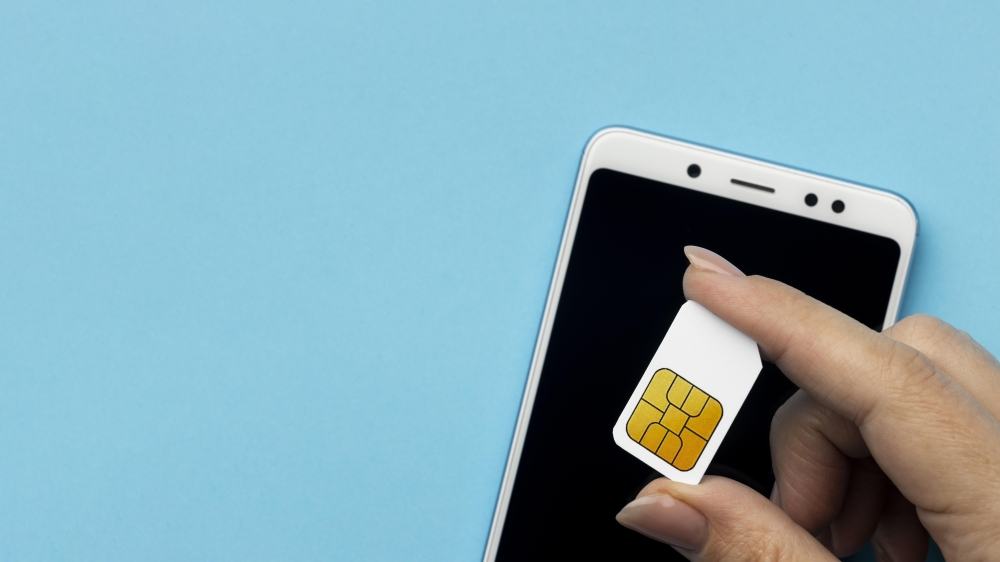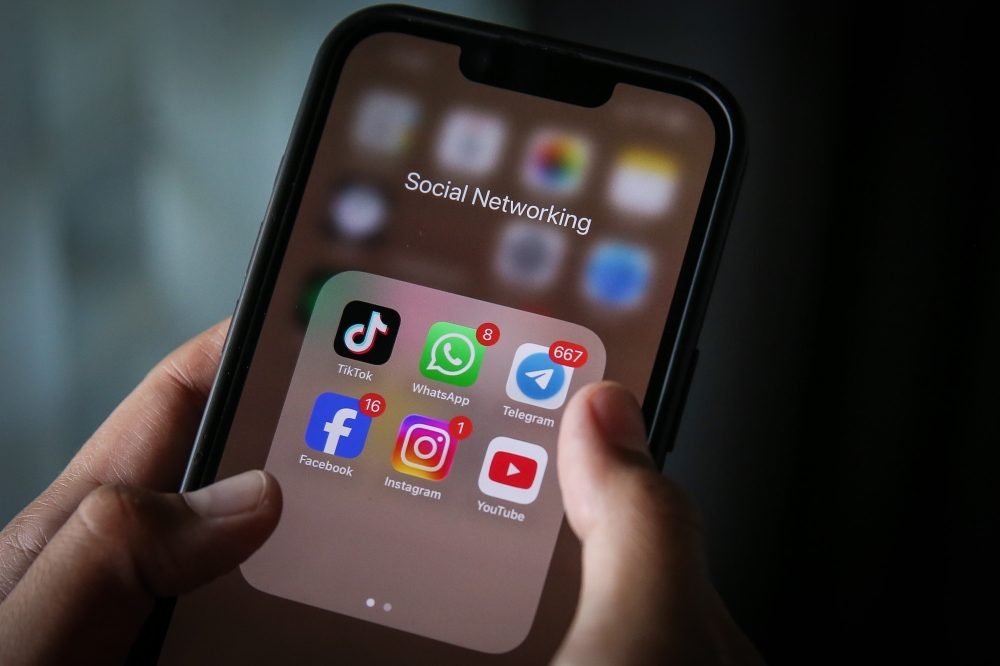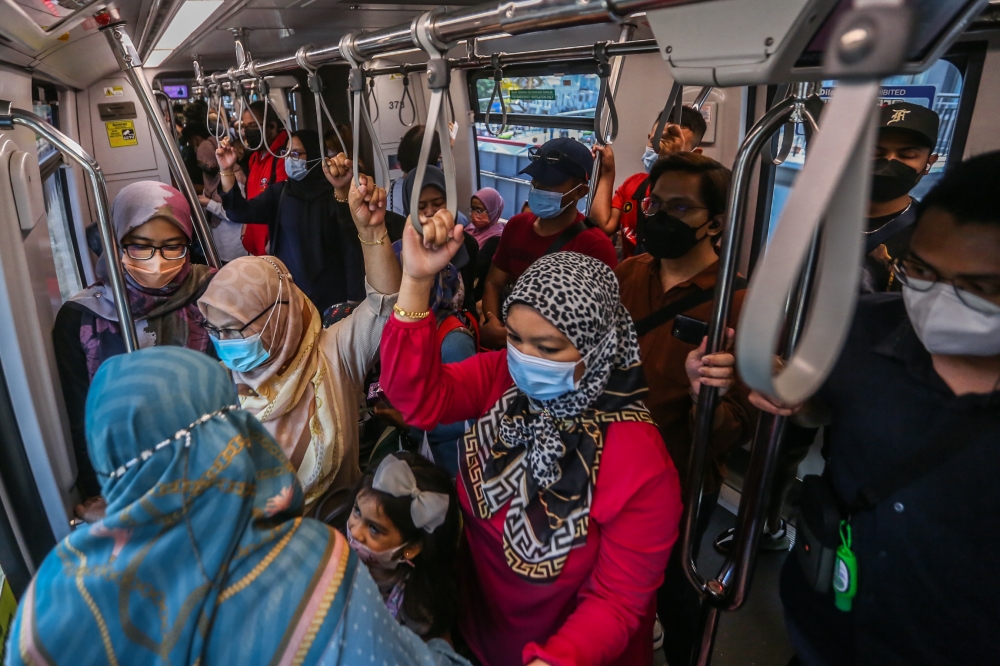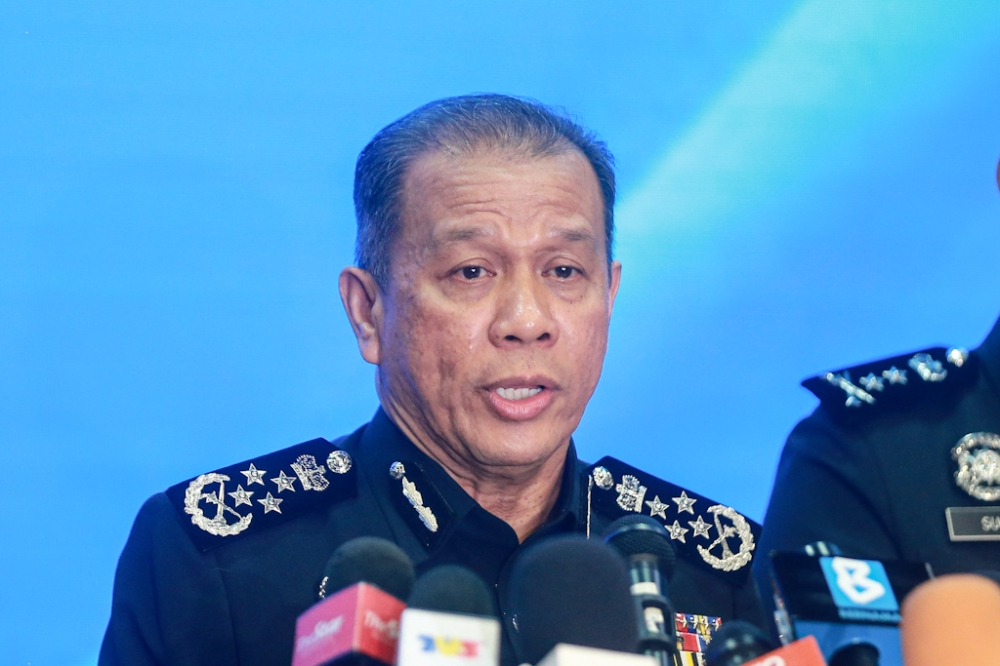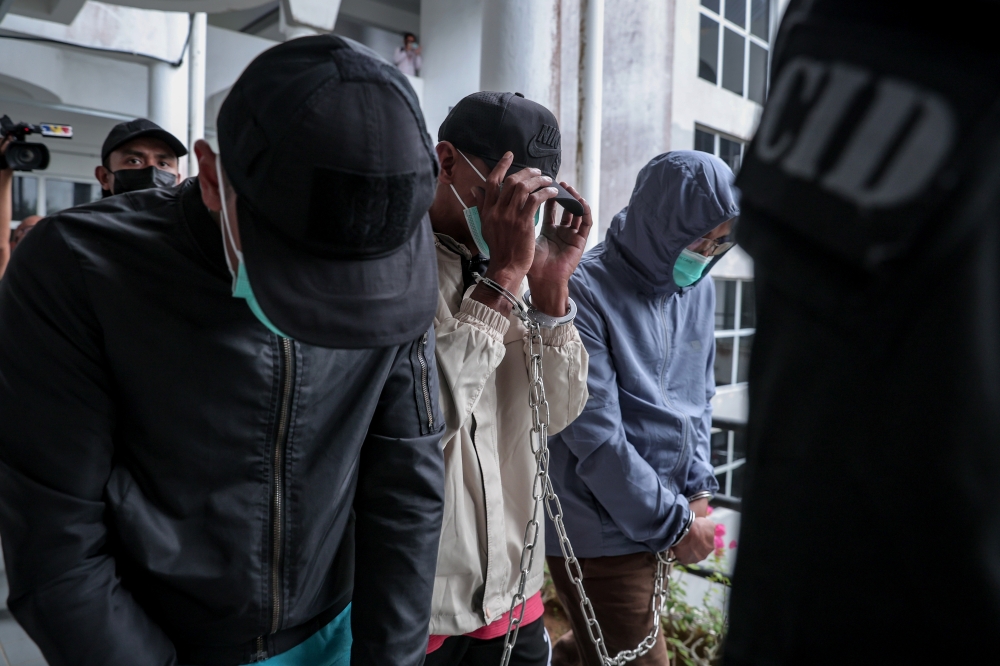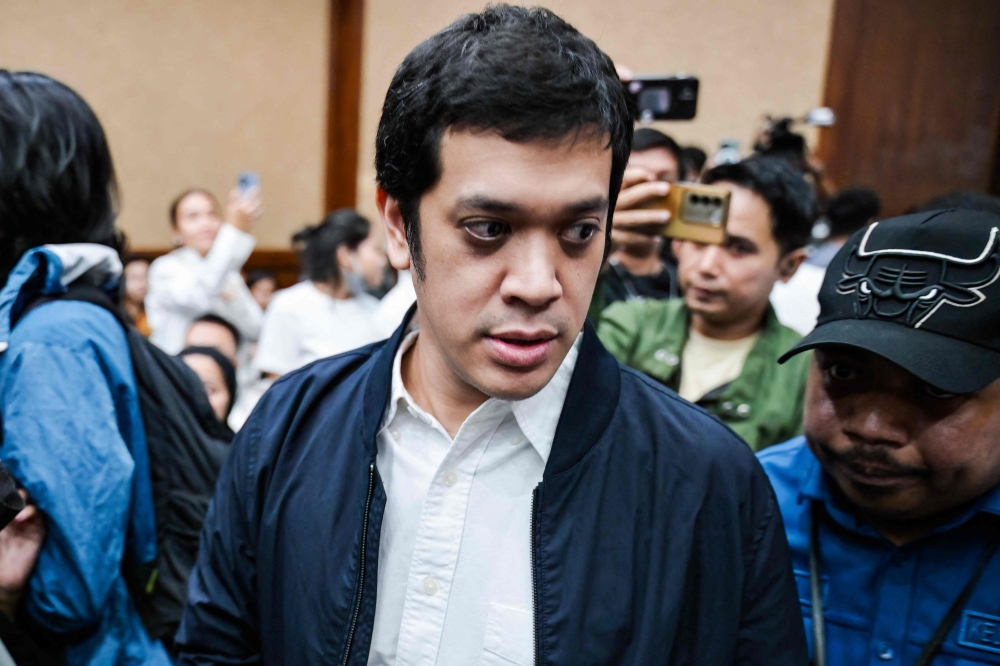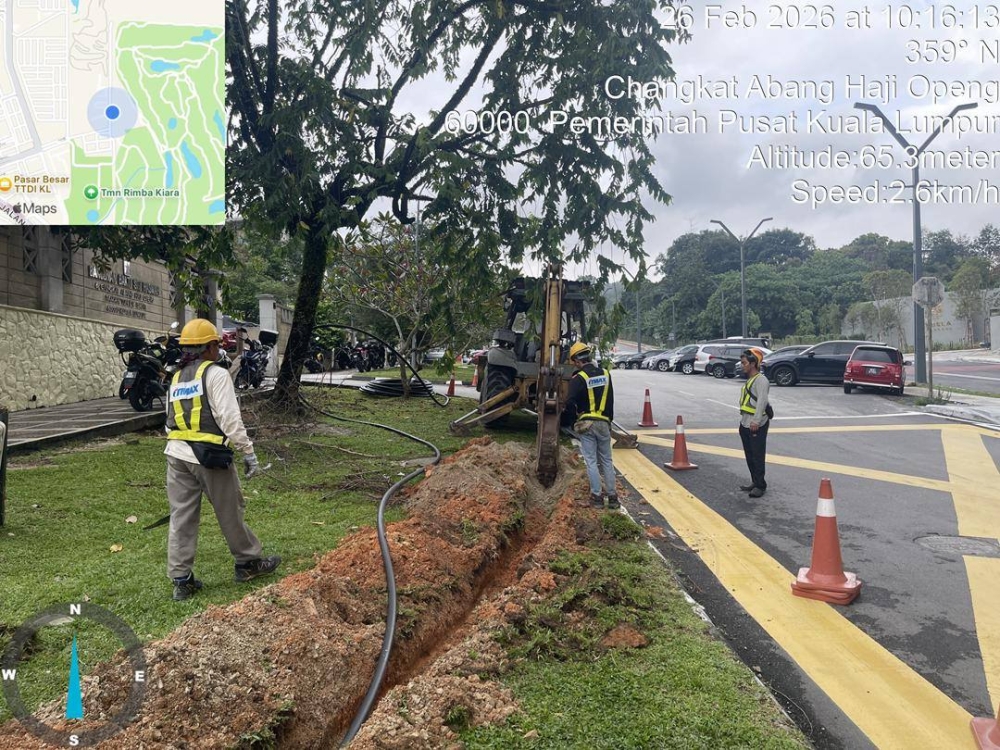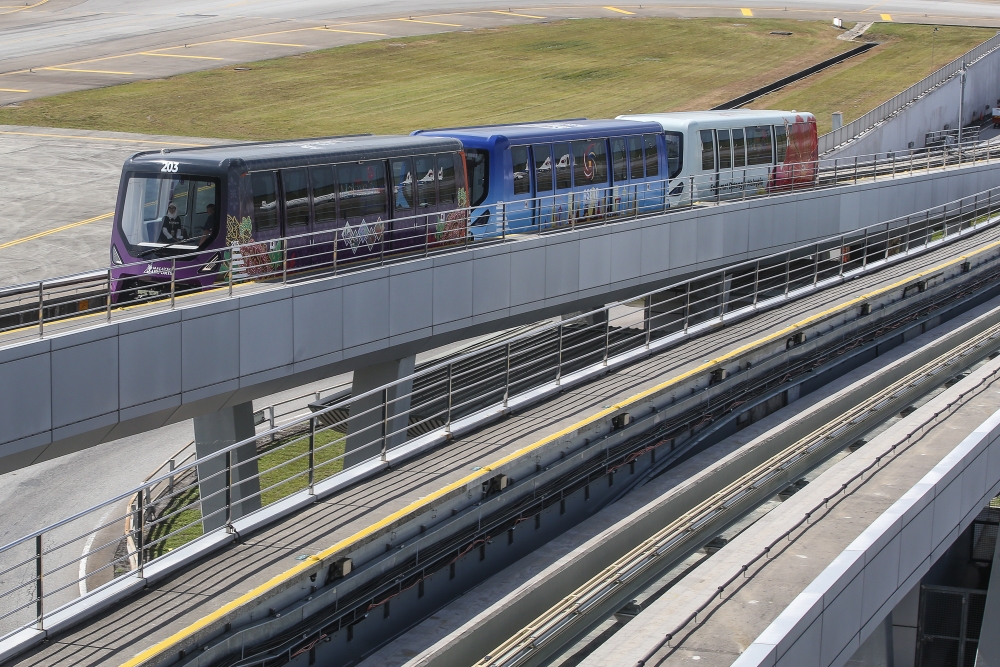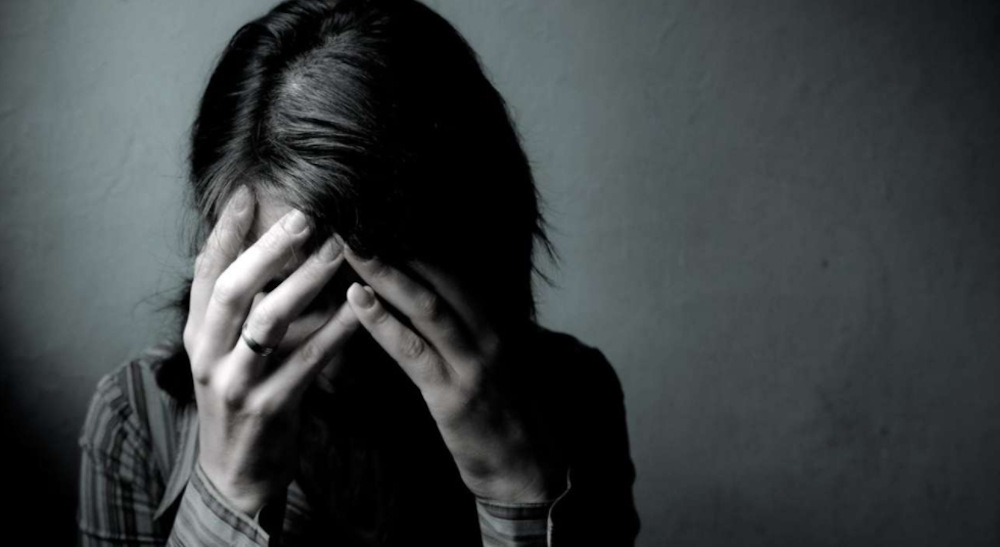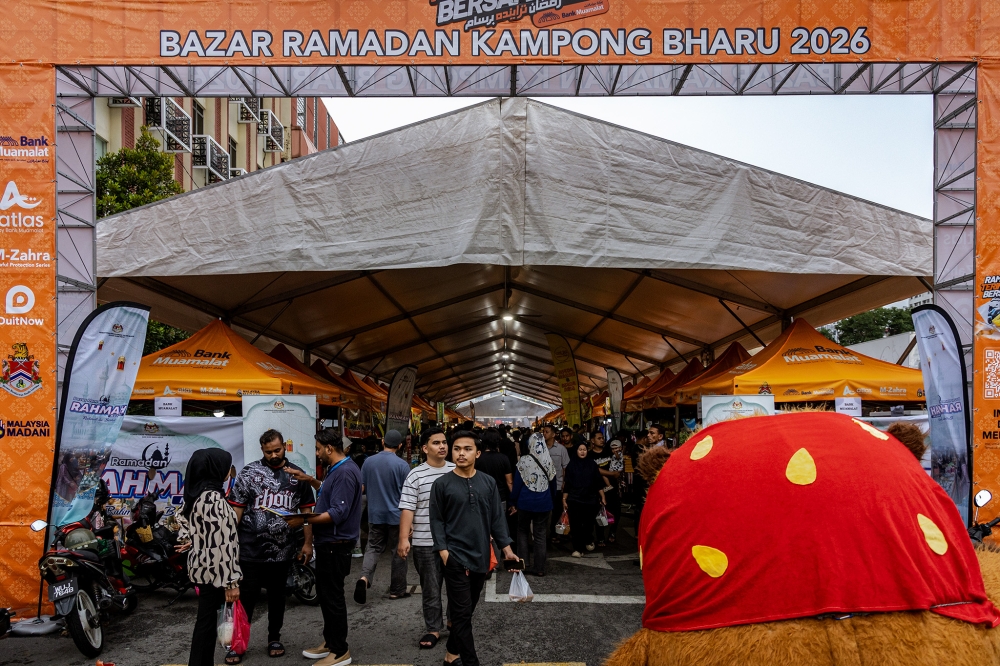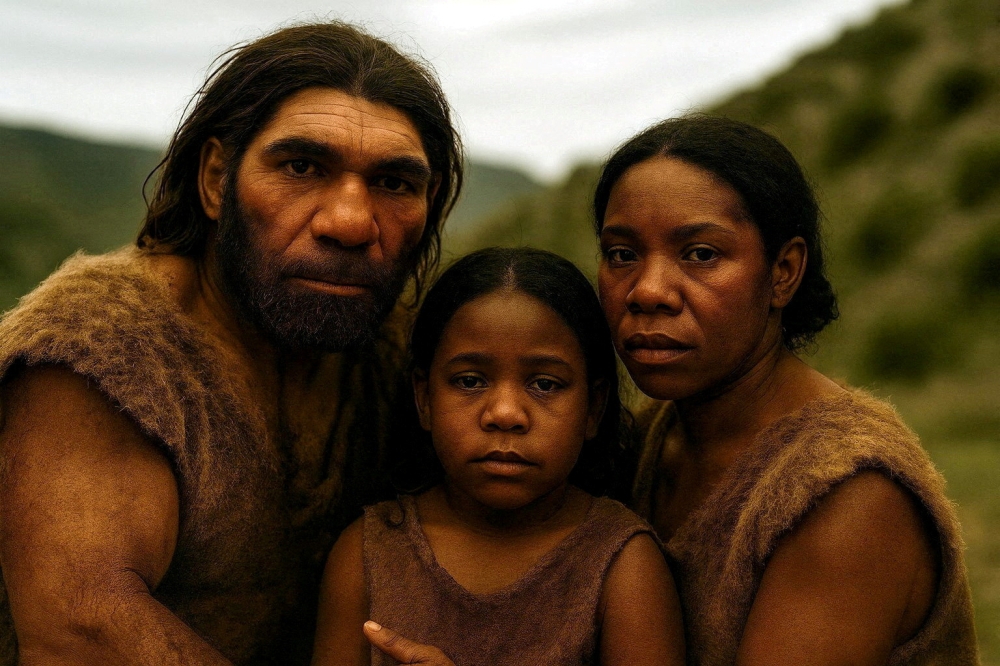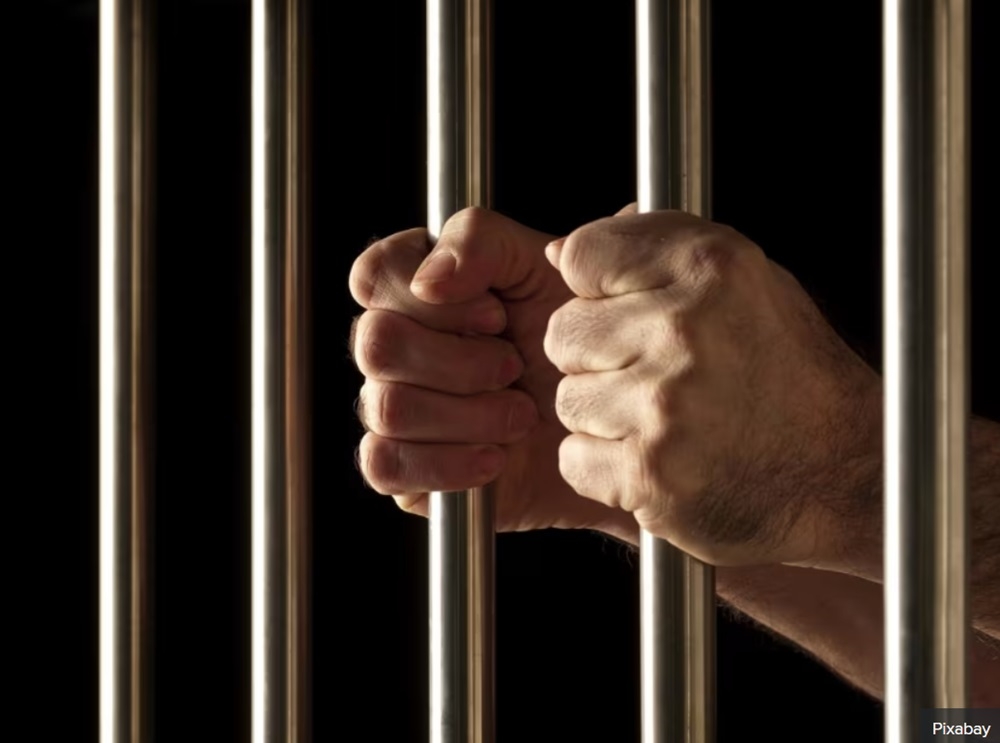PETALING JAYA, March 4 — Humans are inherently social creatures.
But we haven’t really been able to be “social” in a while as the Covid-19 pandemic has forced us to isolate ourselves in a bid to flatten infection curves.
While isolating does keep everyone safe and stops the virus from spreading, it does have a dark side to it as well, as social creatures don’t often do too well when distancing themselves from others.
A recent national survey published by Mental Health Research Canada revealed that 41 per cent of the 1,803 respondents said that social isolation had a negative impact on their mental health, as they both feared and lacked social interactions.
The survey also found that the percentage of individuals who reported high levels of social anxiety and depression prior to the Covid-19 pandemic had doubled since the outbreak.
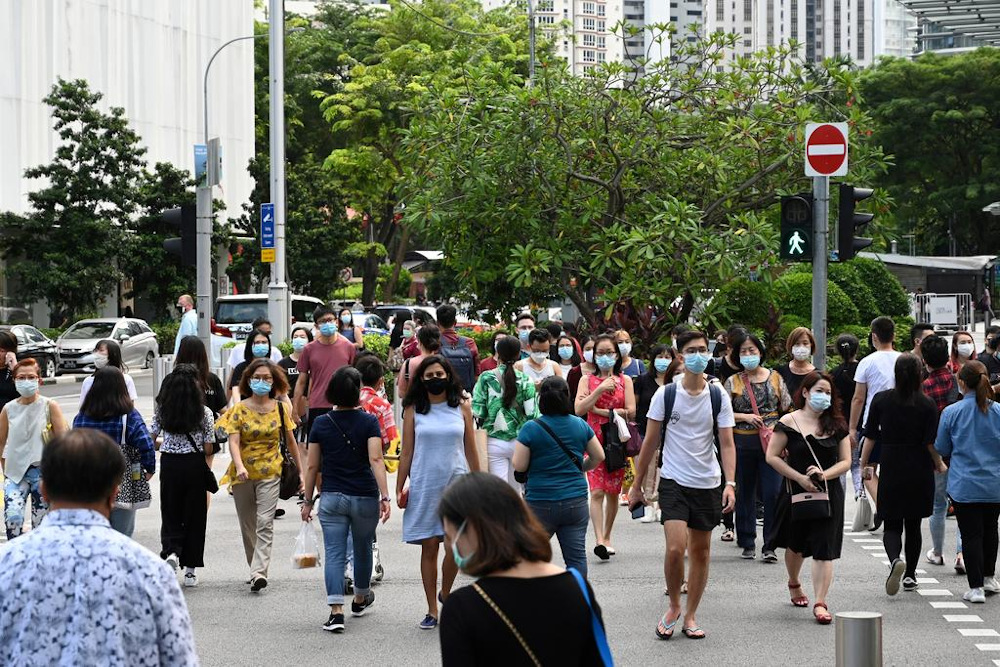
Another study in Hong Kong published by the International Journal of Environmental Research and Public Health also found that 25.4 per cent of 500 survey respondents reported that their mental health had deteriorated since the pandemic began.
This Covid-19 related anxiety was also strongly associated with negative coping mechanisms such as substance abuse and suicidal ideations.
Wherever you look, it’s basically the same story as people around the world have struggled to cope with socially distancing themselves from others and the many difficulties caused by the Covid-19 pandemic.
Mental Illness Awareness and Support Association (MIASA) president Anita Abu Bakar told Malay Mail that urgent attention was needed to address the potential threat of a surge in mental health and social anxiety issues.
This was because many Malaysians have been feeling just as anxious and depressed as their international counterparts.
The Anxiety and Depression Association of America defines social anxiety as “the fear of being judged, criticised or rejected by others”.
Those who have social anxiety think that they can avoid disappointing people and escape the possibility of being judged if they do things “just right”.
“We are truly in one of the most challenging times in history and this pandemic has created new sources of stress for everyone. If you look at history, during the Spanish flu, pandemics and times of war, there has always been a big impact on people’s mental health,” she said.
“A lot of people have been cut off from their social network and their coping mechanisms. If we’re not mindful enough or providing interventions and support fast enough, it will lead to a mental health pandemic.”
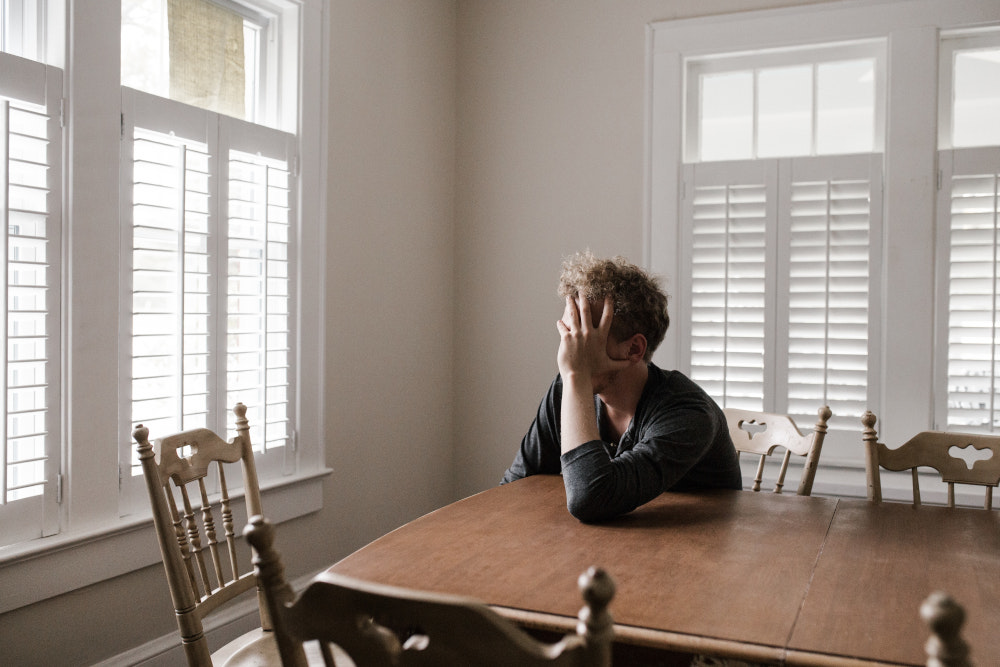
Anita, who founded MIASA in 2016, added that based on the feedback the NGO has received, there’s been a sharp increase in cases of Malaysians experiencing social anxiety, depression and Covid-19 related post-traumatic stress.
While Malaysians have adapted better to life in lockdown this year, as compared to the first MCO, Anita said that prolonged lockdowns can still be very detrimental to people, especially considering that many are already in a heightened state of anxiety.
“We can’t approach social situations the same way anymore and that creates a lot of tension and worrying moments as well for people,” she said.
“You think twice before letting someone come near you now when you’re out. You are worrying constantly about a number of things. There are just too many things weighing on everyone’s shoulders.
“We are facing a lot of sources of frustration, stress and disappointment which lead to other issues like domestic violence and abuse which have all increased since the first MCO. Suicide risk rates have also gone up in the past year.”
She also said that lockdowns also negatively affect individuals who have pre-existing social anxiety or depression issues, as the required isolation and social distancing exacerbate their conditions.
“They’ll go even further into their shell. This isn’t what we want and it really doesn’t help people with social anxiety and depression because they can’t get better by exposing themselves to more social interactions.”
Handling your anxiety
Anita, who suffers from anxiety as well, said that there are a number of ways a person can manage their anxiety or depression, but the best would be to reach out to those around you using the technological means available today, instead of wallowing in solitude.
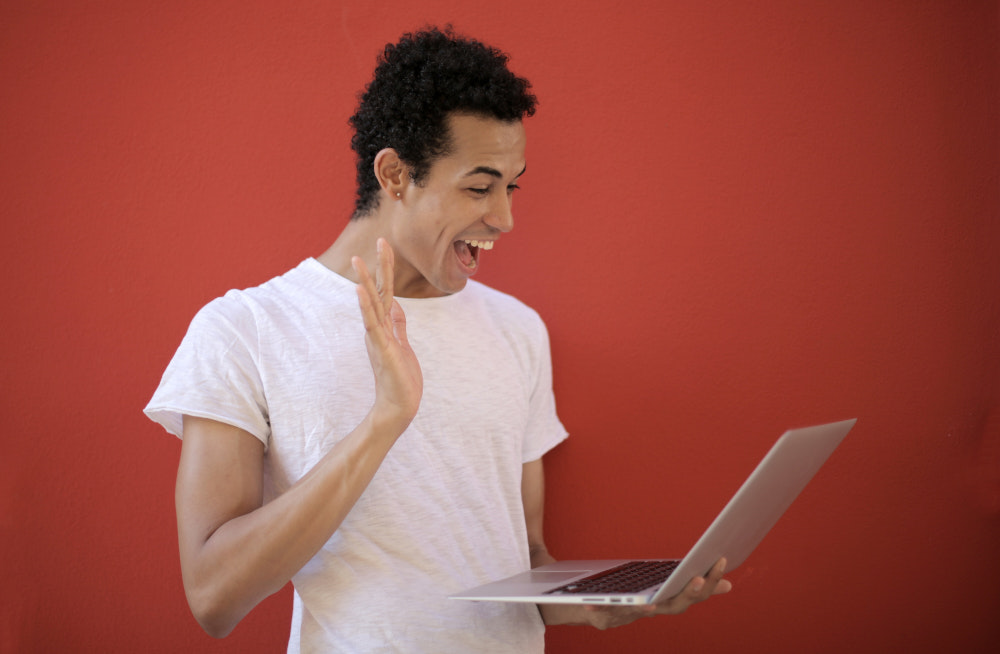
“I would really encourage people to have more video or audio calls. This is a form of gradual exposure that you can practice decreasing your social anxiety,” she said.
“Take it one day at a time. But don’t cut yourself off from that social network and support that you have online because it is very effective in helping you during this time.”
Anita added that talking to someone, whether it be seeing their face via video call or just hearing their voice on a voice call, is very important to combating social anxiety as interacting with other people exposes you to different ways of thinking.
Faith Foo, a certified Eye Movement Desensitisation and Reprocessing therapist and professional counsellor shared Anita’s beliefs as she said that exposing yourself to more social interactions is the best way to prevent yourself from falling into a depressive or anxious state.
“Even if you didn’t have anxiety before this you probably have it now. Covid-19 related anxiety is real and can cause serious damage to any social relationships,” said Foo.
“We are social animals and we have a primal need for connection. Our brains react negatively when we feel isolated or excluded. This can provoke the same sort of reaction in the brain that physical pain might cause.
“So you have to try and talk to anyone or someone you are comfortable with at least as loneliness is literally toxic for our health.”
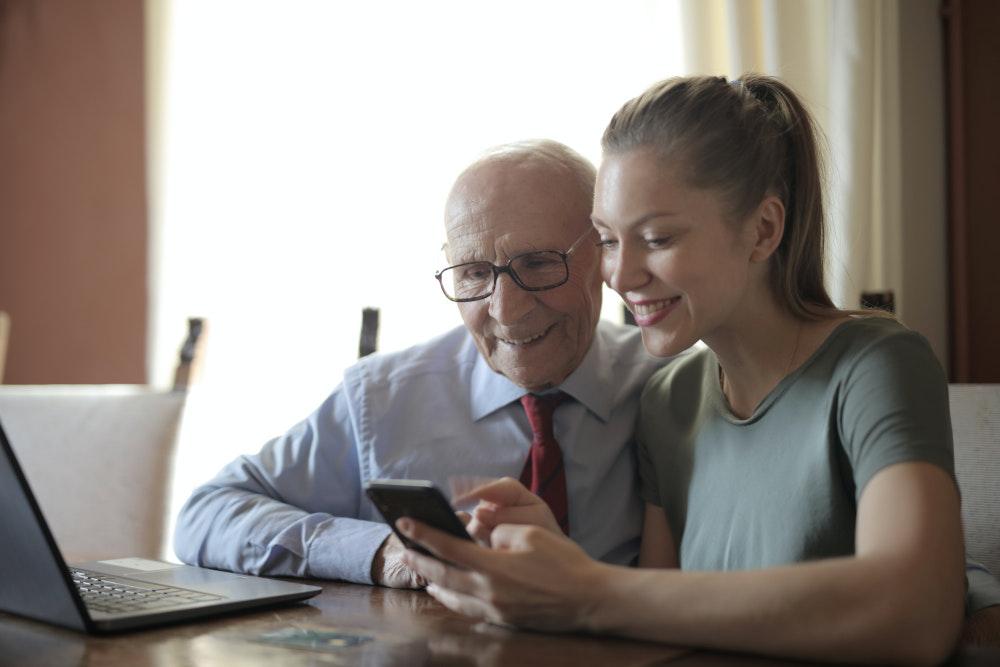
Foo said that now is the time to approach family and friends, and to connect with them whenever possible to avoid bottling up emotional stress which ultimately feeds your anxiety and uncertainty.
“I myself have had a roller coaster ride emotionally during the past year. But I made a call to some friends recently to catch up and I ended that day feeling connected and renewed,” she said
“Just knowing that there are people out there who care about me and listen to my problems was a major help to me. Connections with and between people help to reaffirm that we bring value to the world.”
Foo also said that socially anxious people would be more reluctant to seek help or interactions, which is why it was important for people to reach out or check-in on their loved ones.
She added that anxiety levels can be lowered by filling the time with activities that one enjoys, which could improve the overall mood.
*If you are lonely, distressed or having negative thoughts, Befrienders offers free and confidential support 24 hours a day. Contact Befrienders KL at 03-79568145 or 04-281 5161/1108 in Penang, or 05-547 7933/7955 in Ipoh or email [email protected]

